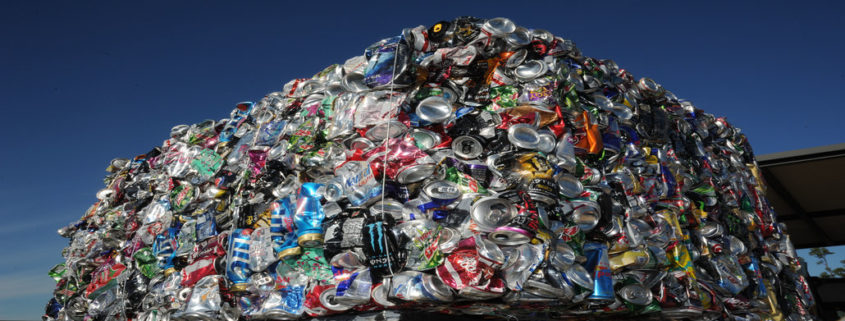Spotlight on plastics and packaging
The Considerate Constructors Scheme has launched its industry-wide campaign ‘Spotlight on…plastics and packaging’ to raise awareness and showcase best practice in how the construction industry can reduce, reuse and recycle plastics and packaging.
Plastics and packaging are unavoidable in modern society, with the global market driven by consumerism and convenience, the demand for plastic is only increasing. According to the United Nations Environment Programme, more than 8 billion tonnes of plastic has been produced since the early 1950s, and around 60% of that plastic has ended up in either landfill or the natural environment.
For decades, society has ignored the environmental risks associated with plastics and packaging. However, recent scientific studies and documentary exposés such as David Attenborough’s Blue Planet have revealed just how detrimental plastics and packaging are to the environment and to human health.
The following statistics illustrate the severity of this environmental issue:
- The UK uses over 5 million tonnes of plastic every year.
- The UK exports around 450,000 tonnes of plastic packaging waste each year.
- Plastic packaging accounts for around 70% of all plastic waste produced in the UK.
- Less than one third of plastic waste is recycled in the UK.
- Globally, only 9% of all plastic waste ever produced has been recycled.
- Up to 5 trillion single-use plastic bags are used worldwide every year.
- An estimated 480 billion plastic bottles are sold across the world each year – this is around 20,000 plastic bottles every second.
Plastics and packaging
Packaging is defined as any material used to hold, protect, handle, deliver and present goods. Such materials might include cardboard, paper, timber and most notably, plastic.
Despite the environmental risks associated with plastic, the construction industry is reliant on plastic in its working practices. This is because plastic is cheap, lightweight, water-resistant and chemically inert, making it an ideal resource for the industry to use.
In fact, the construction industry is the second largest consumer of plastic in the UK:
- The construction industry consumes 23% of all plastic produced in the UK.
- In the construction industry, 60% of all skipped material by weight is packaging waste.
- Around 25% of construction packaging waste by weight is plastic.
- Piping and conduit are the largest uses of polymers in construction, and consume around 35% of production.
- The construction industry produces three times more packaging waste than all UK households combined.
The scheme encourages businesses to create a comprehensive site waste management plan to be incorporated into every site’s waste management and logistics plan to reduce waste being disposed of to landfill.
A Site Waste Management Plan can be developed before construction commences. The plan describes how materials, including plastics and packaging, will be managed and disposed of and explains how the reuse and recycling of waste will be maximised.
Although the Scheme’s survey results found that 91% of construction industry professionals have a Site Waste Management Plan in place, over 50% said the plan is inefficient for managing waste produced on site. To build an effective Site Waste Management Plan, the following should be considered:
- Liaise with suppliers to prevent unnecessary plastic and packaging waste and to maximise the volume of sustainable packaging used.
- Quantify the volume of materials that will be used to avoid excess waste, particularly packaging waste.
- Estimate how much of each type of waste will be produced, and the proportion of which will be recycled and reused. Only dispose of waste to landfill as a last resort.
- Update the plan as construction progresses to monitor how waste is being reused and recycled.
- Regularly communicate with your waste management supplier to ensure materials are separated and segregated to maximise recycling rates.
Using a Site Waste Management Plan not only protects the environment, but can significantly reduce financial costs. Sites could even consider implementing a Site Waste Management Plan solely for the purpose of plastic waste.
This campaign has shown that the construction industry is making considerable progress and is working hard towards reducing its consumption of plastics and packaging. However, the industry must now continue to make long term commitment to tackling plastic pollution as an entire sector.
For more information and to read the full report please go here: https://ccsbestpractice.org.uk/spotlight-on/spotlight-on-plastics-and-packaging/#what_can_you_do












Leave a Reply
Want to join the discussion?Feel free to contribute!